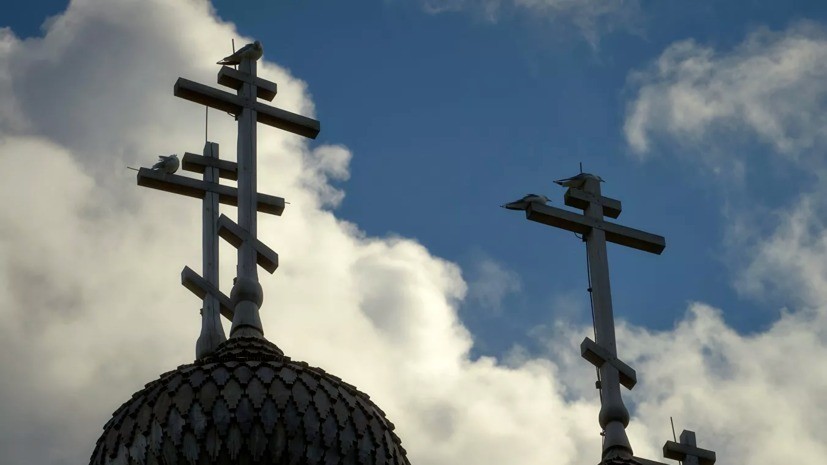“You can give names that are not in the month in the form in which they are offered. That is, maybe some name is a translation of the Christian name into the language of some people, ”he explained to RIA Novosti.
The Abbot noted that preserving a certain form of the name at baptism will allow people who have chosen a religion different from their ancestors to maintain a connection with their culture and language.
According to him, many Muslim names are a translation of the names of Greek and Slavic saints, the same is observed in the tradition of the Russian Orthodox Church.
“Another example is the names of the martyrs Vera, Nadezhda, Lyubov, and their mother Sofia, very revered in Russia ... It’s clear that these ladies were not called so in Russian, in Slavic it is a translation of their Latin names,” he specified.
Hegumen Serapion noted that the document adopted by the Synod is aimed at preserving the national culture of numerous peoples of Russia and expresses its desire to become more open to representatives of other Orthodox churches.
However, he emphasized that such a practice has always existed.
“Just because of the lack of awareness of some priests and, especially, many parishioners, the Church explains them. This is not an innovation, this is not some kind of modernization - it is, on the contrary, a return to the roots, actualization of genuine church tradition, ”concluded the representative of the missionary department of the Moscow Patriarchate.
Earlier in the Russian Orthodox Church, restrictions on sacraments and memorials were removed for people with the names of saints of any Orthodox churches in the world or in tune with them.

